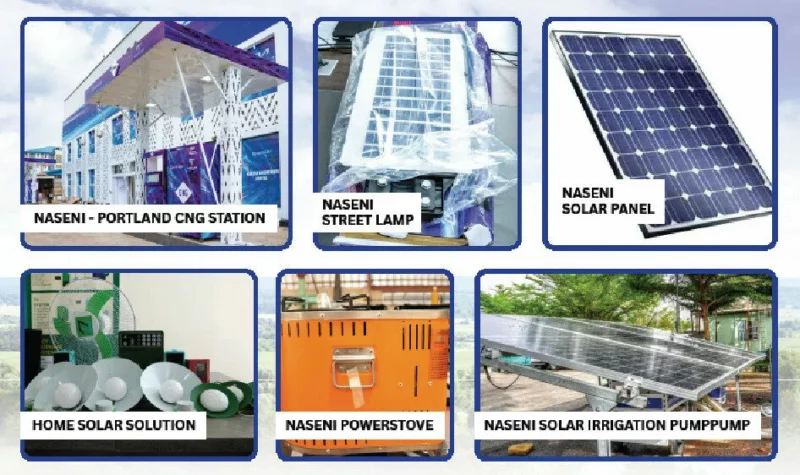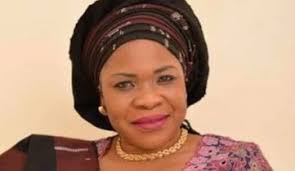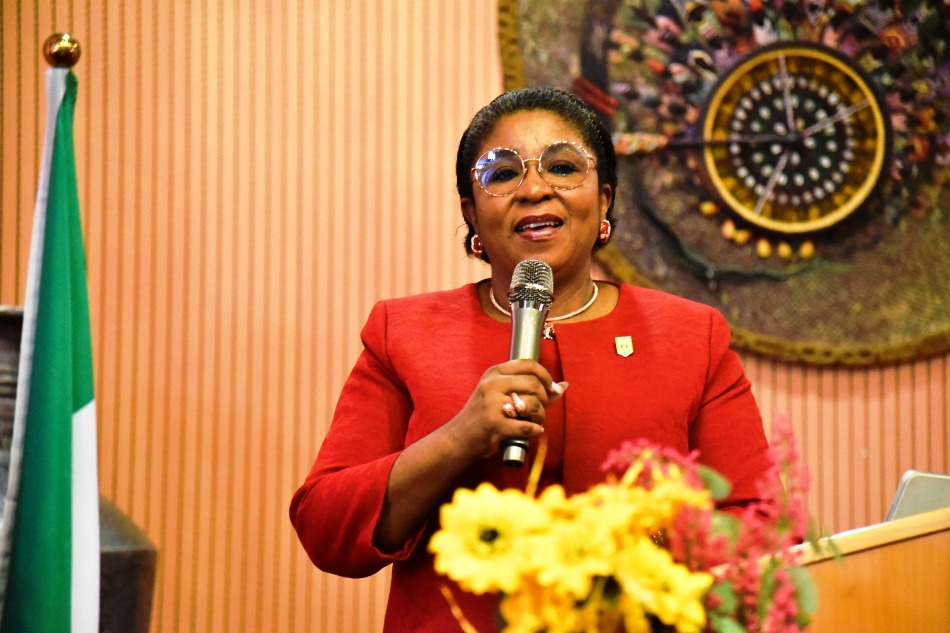The National Agency for Science and Engineering Infrastructure (NASENI) is investing heavily in Nigeria’s sustainable climate action in order to boost green economy as encapsulated in the doctrine of development and industrialization marshaled by the Agency’s Executive Vice Chairman/CEO, Khalil Suleiman Halilu.
Building a sustainable climate action is critical to the policy initiative of President Bola Ahmed Tinubu, who has reaffirmed Nigeria’s dedication to forging a paradigm shift in which climate action and economic growth advance together.
This has become imperative as Nigeria faces severe challenges of climate change including increased floods, droughts, and heat waves, which cause widespread displacement, loss of life, food insecurity, and economic instability.
Nigeria experiences more intense and frequent heat waves, droughts, and floods, leading to crop failures, loss of livestock, and damaged infrastructure. Desertification in the north and rising sea levels and erosion in the south degrade land, reducing agricultural productivity and rendering areas unproductive.
There is also the case of Climate-induced forced displacement fueling conflicts over scarce resources, particularly between herders and farmers thereby increasing poverty in the country.
It was on this premise that President Tinubu spoke to the world in a virtual conference and urged global leaders to demonstrate unity, courage, and sustained commitment in addressing the worsening global climate crisis.
Speaking on Wednesday April 23 2025 at a high-level virtual dialogue on climate and energy transition, President Tinubu reaffirmed Nigeria’s dedication to forging a paradigm shift in which climate action and economic growth advance together.
He said “The global climate emergency demands our collective, courageous, and sustained leadership. For Nigeria, the urgency of this moment is clear: we view climate action not as a cost to development, but as a strategic imperative.”
Addressing the session from Abuja, President Tinubu outlined Nigeria’s Energy Transition Plan (ETP) as a bold, pragmatic roadmap for reaching net-zero emissions by 2060.
“We are, therefore, in the process of aligning our regulatory environment, fiscal incentives, and institutional frameworks to ensure that energy access, decarbonisation, and economic competitiveness proceed in lockstep. We are also taking leadership on Energy Access,” President Tinubu said.
On his path, the NASENI boss, Halilu reaffirmed the Agency’s commitment to driving Nigeria’s transition to a sustainable climate action and green economy.
Speaking at a seminar on climate change and green economy sustainability, held on Tuesday, September 23, 2025, at NASENI headquarters in Abuja, the EVC/CEO noted that NASENI was established to provide the science, technology, and engineering backbone for Nigeria’s industrialization.
He stressed that the Agency’s mandate in research, development, and technology domestication is increasingly tied to the global fight against climate change. “Every solar system installed, every tractor restored, every clean cookstove produced, and every CNG vehicle conversion is a step toward industrial growth that is also climate-resilient,” he stated.
Highlighting NASENI’s ongoing projects, the EVC pointed out several key initiatives ranging from renewable energy, which has to do with producing assembling and distributing NASENI Solar Home Solutions, producing solar panels and lamps locally, and promoting access to clean power.
There are clean cooking solutions, which also provide energy for cooking through the Powerstove Limited joint venture, which produces clean cookstoves and biomass pellets to reduce carbon emissions, improve public health, and unlock carbon credit opportunities.
Other climate-smart projects which NASENI is working on include Agro-Tech and fertilizers production that help in developing organic and coal-based fertilizers to strengthen food security while reducing emissions from chemical fertilizers.
Speaking further on transport and energy transition, the EVC said NASENI is supporting CNG/LPG auto conversion and filing stations as alternatives to petrol and diesel. On digital and smart Manufacturing, he said the Agency is advancing local production of laptops, tablets, drones, and smart devices with sustainability at the core of design.
Halilu also highlighted the Asset Restoration Programme (ARP), which refurbishes idle government infrastructure to reduce waste, cut costs, and extend the life cycle of critical assets, an approach described as both cost-effective and climate friendly.
Coordinator, NASENI Carbon Ecosystem, Engr. Muhammad Yadudu, giving overview of NASENI’s role in addressing climate challenges while promoting industrial growth in the country, said Agency’s mandate spans research, development, and the domestication of technologies that enable homegrown solutions to national challenges.
He said increasingly, this mandate has become inseparable from the global imperative to combat climate change and to build a green, sustainable economy. According to him, NASENI’s current portfolio of projects reflects Nigeria’s shift toward a sustainable future.
Under its renewable energy strategy, NASENI Solar Energy LTD and other ventures, are assembling and distributing solar home systems and promoting local production of solar panels, mounting structures, and lamps. This strengthens energy access while reducing reliance on fossil fuels.
According to Yadudu, NASENI is embedding circular economy principles, restoring and reusing assets rather than discarding them; promoting local manufacturing to cut emissions from imports; and aligning all its interventions with Nigeria’s Nationally Determined Contributions (NDCs) under the Paris Agreement.
“Our role is to demonstrate that infrastructure development and climate action are not competing goals. On the contrary, they are complementary. Every solar system installed, every tractor restored, every clean cookstove produced, and every CNG vehicle conversion is a step toward industrial growth that is also climate-resilient,” Yadudu said.
Under its Clean Cooking & Carbon Reduction initiative, the Agency has introduced Powerstove LTD in collaboration with NASENI, which is producing clean cookstoves and biomass pellets to cut emissions, improve health outcomes, and unlock carbon credit opportunities.
Under its Agro-Tech and Green Fertilizers, the Agency is piloting organic and coal-based fertilizer production to reduce chemical fertilizer dependence, enhance food security, and lower agricultural emissions.
He said under its Transport Energy Transition, NASENI’s joint ventures on CNG/LPG auto conversion and fueling stations provide affordable, cleaner alternatives to petrol and diesel, helping to decarbonize Nigeria’s transport sector.
Under its Digital & Smart Manufacturing, NASENI through projects like IMOSE Technologies (laptops, tablets, and smart devices) and drone/UAV development is building local capacity in high-tech industries while ensuring sustainability principles guide, design and production.
Earlier in his welcome address, the Team Lead, NASENI Carbon Ecosystem, Engr. Patrick Offiaeli said the seminar of such magnitude reflects NASENI’s drive to build awareness and align its operations with Nigeria’s sustainability agenda.
“This seminar represents an important step in our collective effort to build institutional capacity, deepen awareness, and strengthen NASENI’s role in advancing Nigeria’s sustainability and innovation agenda,” Offiaeli stated.
The training brought together NASENI staff, invited experts, and stakeholders to share insights on how the agency can integrate climate action into its mandate of developing homegrown technologies and restoring critical infrastructure.
To boost sustainability and climate action, NASENI’s approach to sustainability goes beyond individual projects. NASENI has over the years, demonstrated commitment to ensuring that infrastructure, development, and sustainability go hand in hand — delivering prosperity for today, while safeguarding tomorrow.







